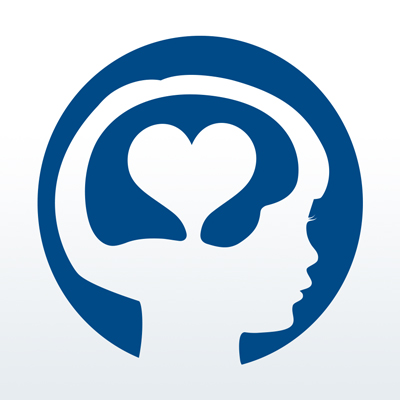Study on Ohio Preschool Promise classrooms using social and emotional learning provider Conscious Discipline shows the potential impact of implementation
ORLANDO, Fla. (September 2020)
An independent study by Dr. Kristen Anderson and colleagues at the University of Dayton found that when teachers implemented the social and emotional learning (SEL) program Conscious Discipline effectively, overall classroom quality and executive function in children increased.
Conscious Discipline is a trauma-informed, comprehensive SEL provider that combines evidence-based practices in SEL, school climate, classroom management and self-regulation. It is designated as a CASEL SELect Program.
The study examined the fidelity of Conscious Discipline implementation and child level outcomes in 45 Preschool Promise classrooms in Dayton and Montgomery, Ohio during the 2016-17 school year. The study included 45 teachers, who had been using Conscious Discipline for an average of 2 years, and 293 preschool-aged children. Teachers participated in a 3-day Conscious Discipline training, and some received coaching from a Conscious Discipline Instructor.
In the fall, the Conscious Discipline Instructor visited classrooms to conduct a fidelity checklist developed by Conscious Discipline to measure implementation quality, rated on a scale of 1 through 4. Classrooms were also observed by a trained Classroom Assessment Scoring System (CLASS; Pianta, La Paro, & Hamre, 2007) assessor to measure classroom quality in the fall and spring. Children’s school readiness skills were assessed through the Bracken Basic Concept Scale-Third Edition: Receptive (BBCS-3:R; Bracken, 2006). From the Bracken, researchers examined the School Readiness Composite (5 subtests), the Self-/Social Awareness subtest, and the Quantitative Skills subtest. In addition, children’s executive function skills were measured through the Minnesota Executive Function Scale (MEFS) iPad application (Carlson & Zelazo, 2014). Children were assessed in the fall and spring of their preschool year.
Results found that higher teacher fidelity to the Conscious Discipline model was associated with higher classroom quality, particularly in the CLASS Classroom Organization and Emotional Support domains. Children in classrooms with higher implementation fidelity had higher executive function skills in the spring. These results were true even after controlling for the overall classroom quality as measured by CLASS scores. The study suggests that Conscious Discipline implementation positively influences classroom quality, as well as children’s executive function skills.
Read the full research report here, and access the article published in Early Childhood Research Quarterly here.
To learn more about Conscious Discipline, visit www.consciousdiscipline.com.
About Conscious Discipline
Conscious Discipline provides a comprehensive, trauma-informed social emotional program that is based on current brain research, child development information and developmentally appropriate practices. All aspects of Conscious Discipline focus on creating a safe, connected environment for children to learn and practice the skills needed for healthy social, emotional and academic development. Conscious Discipline methodology has been recognized by the Collaborative for Academic, Social, and Emotional Learning (CASEL) as a SELect program, and it was named a national model for character education by the Florida State Legislature. Research shows that Conscious Discipline decreases aggression, impulsivity and hyperactivity while creating a positive environment in the school or home. In schools, Conscious Discipline has been shown to decrease discipline referrals while increasing teaching time and academic achievement. Learn more at www.consciousdiscipline.com.
Media Contact
Conscious Discipline
608.216.7300, ext. 26




